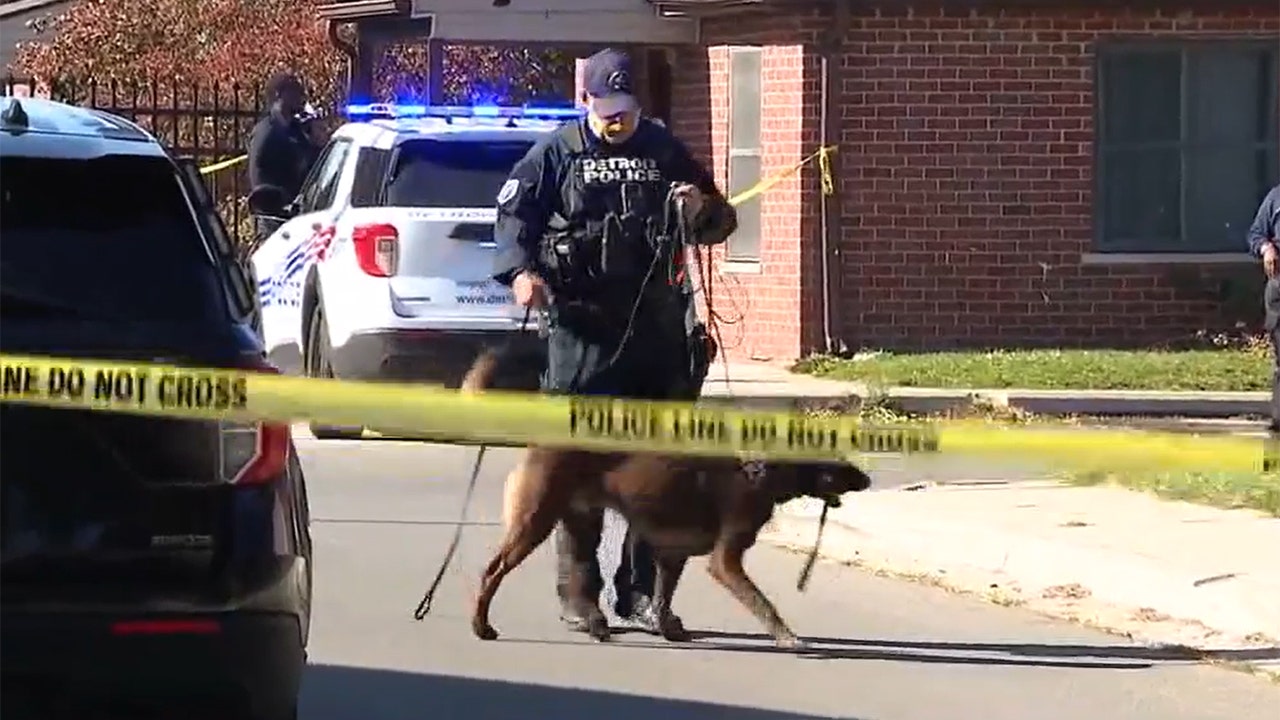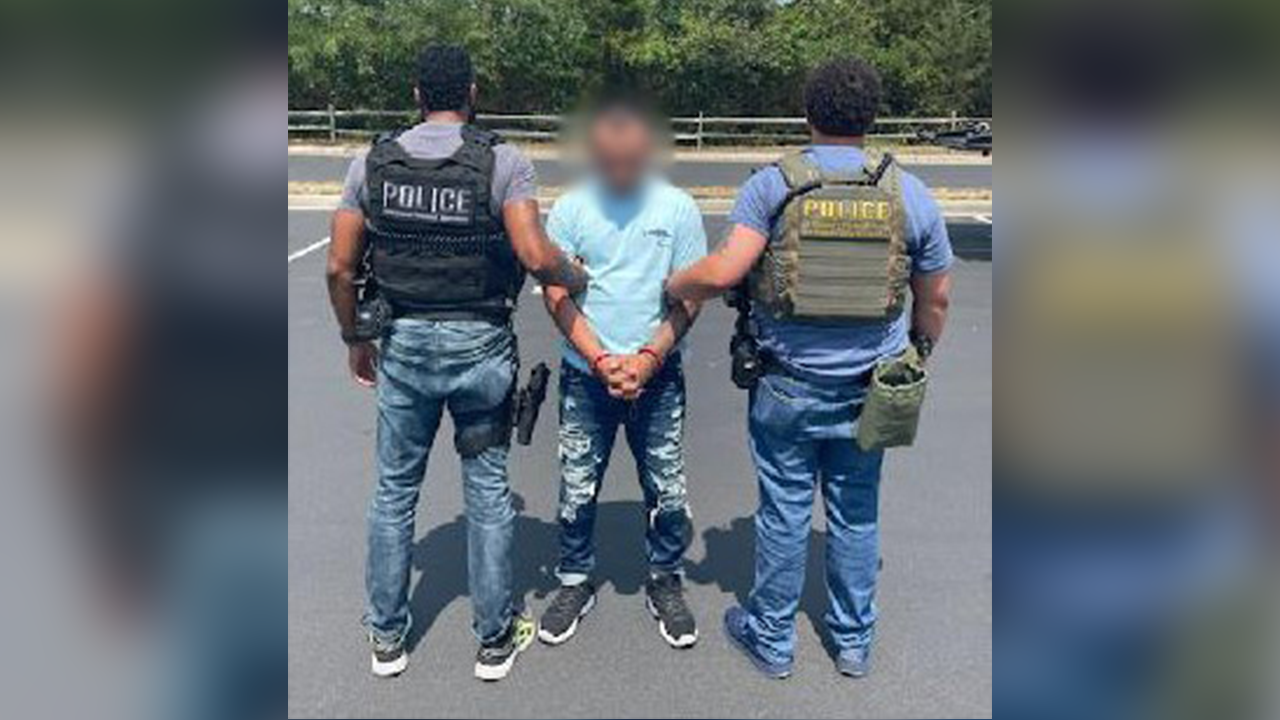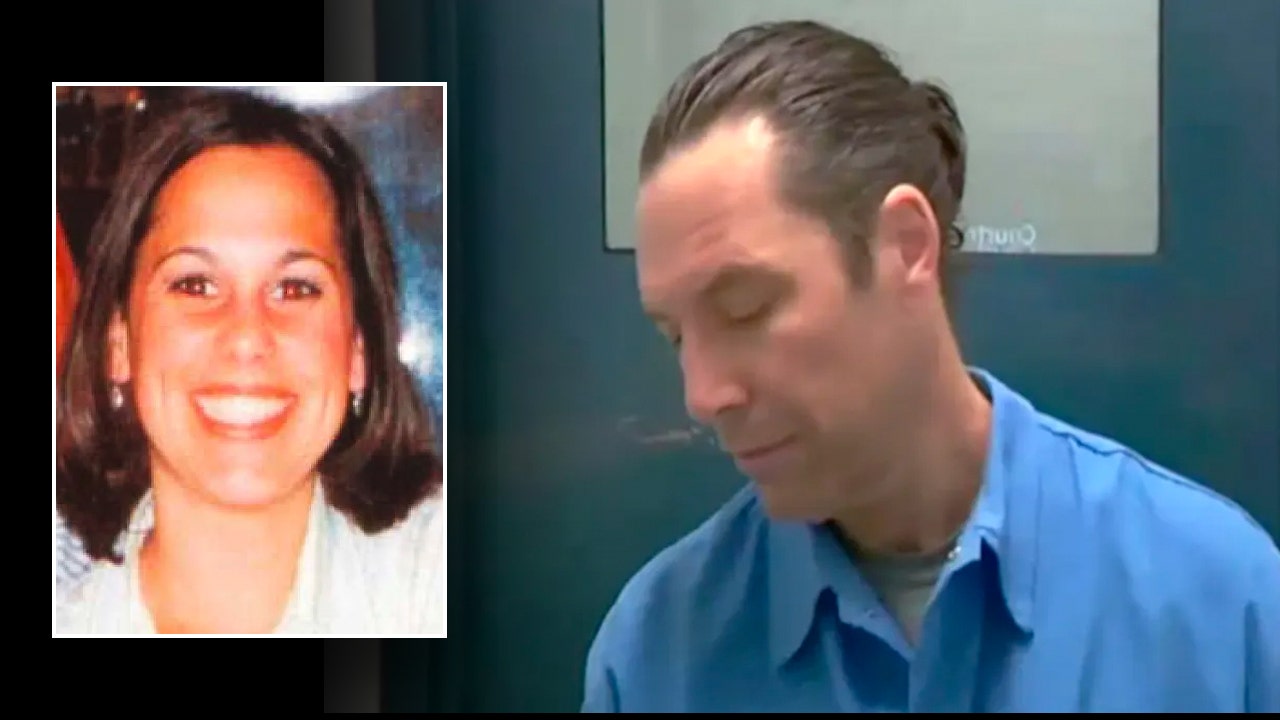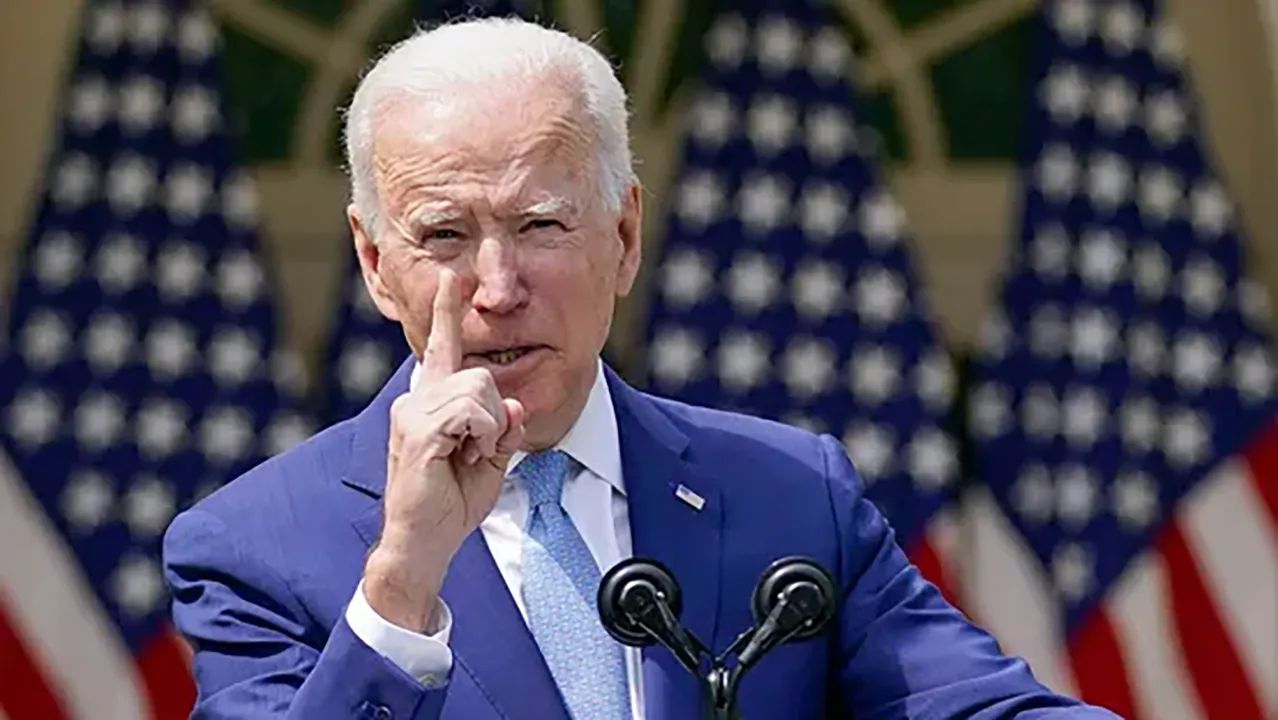I have a snapshot embedded in my memory of groups of students milling about the grounds, which were littered with the debris of the confrontation, many of them proudly sporting bandages from the injuries inflicted by the violent sweep of the Tactical Patrol Force. Psychedelic music blared from some window, and a lone maintenance man pushed a noisy lawn mower over a surviving patch of grass.
The sit-ins had been ended, and order was being restored, but something frightening and beautiful had been unleashed, a faith that mere students could do something about what’s wrong with the world or at least were right to try.
The classic account of Columbia ’68, “The Strawberry Statement,” a wry, punchy diary by an undergraduate, James Simon Kunen, who participated in the protests, captures the confused welter of causes, ideals, frustrations and raw excitement of that spring. “Beyond defining what it wasn’t, it is very difficult to say with certainty what anything meant. But everything must have a meaning, and everyone is free to say what meanings are. At Columbia a lot of students simply did not like their school commandeering a park, and they rather disapproved of their school making war, and they told other students, who told others, and we saw that Columbia is our school and we will have something to say for what it does.”
That’s the similarity. Just as students then could no longer tolerate the horrific images of a distant war delivered, for the first time, in almost real time by television, so many of today’s students have found the images from Gaza, now transmitted instantly onto their phones, to demand action. And just as students in ’68 insisted that their school sever ties to a government institute doing research for the war, so today’s students demand that Columbia divest from companies profiting from Israel’s invasion of Gaza. And students then and now have found their college administrators deaf to their entreaties.
Certainly there’s a lot to debate here. Universities do have a serious obligation to protect Jewish students from antisemitism and to maintain order, but it is to their students and teachers that they must answer, not to Republicans eager to score points against woke “indoctrination” at elite colleges or to megadonors seeking to push their agendas onto institutions of higher learning.
Like Mr. Kunen, I’m not sure exactly how that spring of 1968 affected my life. I suspect it forced me to think in ways that have informed my reporting on the world. What I do know is that I’m heartened to see that college kids will still get angry over injustice and suffering and will try to do something about it.
The Times is committed to publishing a diversity of letters to the editor. We’d like to hear what you think about this or any of our articles. Here are some tips. And here’s our email: letters@nytimes.com.
Follow the New York Times Opinion section on Facebook, Instagram, TikTok, WhatsApp, X and Threads.






